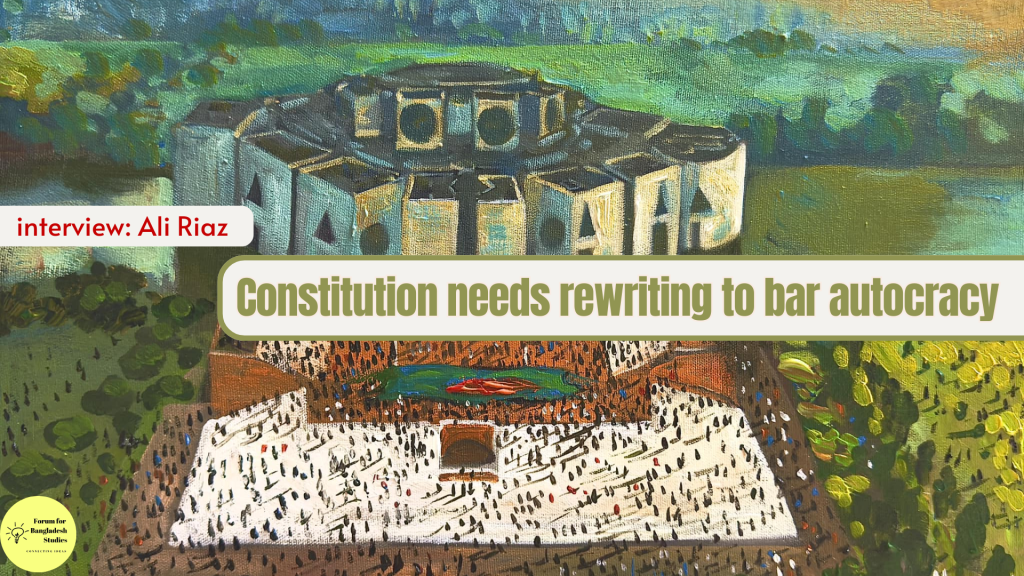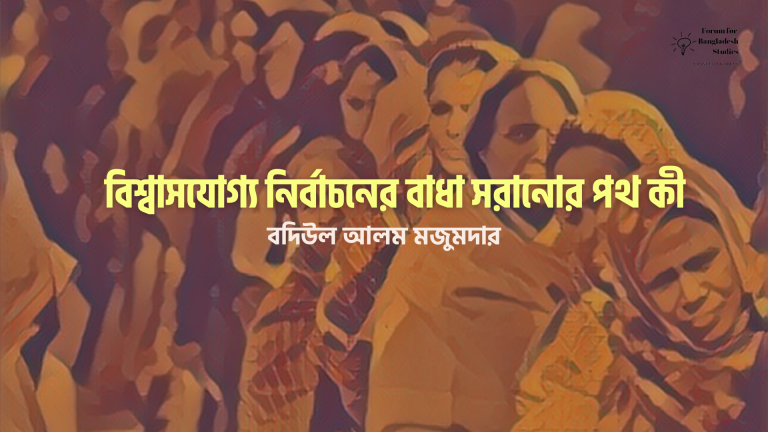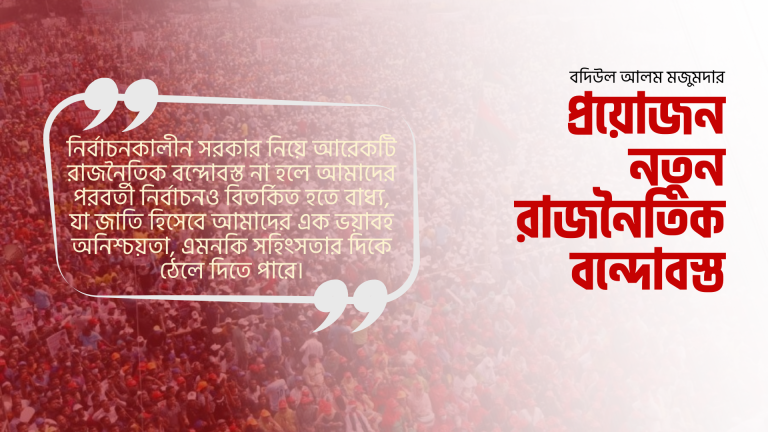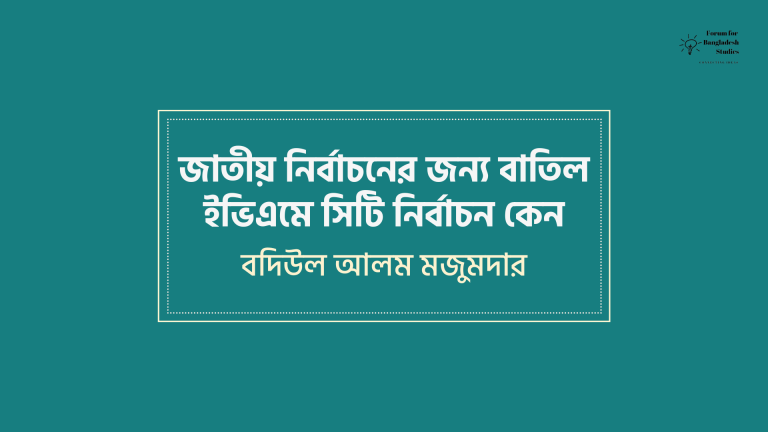Bangladeshi-American political scientist Ali Riaz spoke to The Daily Star’s Sadi Muhammad Alok and Sharif M Shafique about the uprising, the constitution, wholesale cases and arrests, and ties with the US and India, among other issues.
TDS: What’s your take on the uprising that toppled the Awami League regime?
Ali Riaz: This didn’t happen suddenly. Oppression, murders, enforced disappearances, and extrajudicial killings over the last 15 years played a key role here. Anger from these things combined with the 36-day student movement and determined the fate of autocrat Sheikh Hasina. The young students played a vital role in breaking the culture of fear, which was the base of her government’s operation. People got out of that culture and took to the streets when the students called Hasina a dictator.
TDS: How would you define the regime’s fall, described as a “revolution” or “mass uprising” by some and a “second independence” by others?
Ali Riaz: Definitely it’s a mass uprising carried out by the mass people because the autocrat was ousted by their participation in a student movement. I wouldn’t call it a “revolution” because that requires a post-revolution government by the revolutionists, which did not happen. Again, I wouldn’t call it a “second independence”. The 1990’s movement was also called a “second independence” then.
I want to place the Liberation War above everything.
TDS: What are your observations on the activities of the interim government in its first month in office?
Ali Riaz: This government is facing huge challenges that were not seen before as people have put their trust in the interim administration formed under special circumstances. We cannot say that they are flawless. There are some criticisms. Overall, I can say that they are moving forward despite various obstacles. They aren’t stuck or moving backwards. But I’d be happier if their activities were more dynamic.
The police and the administration collapsed and they could not be reformed yet. I can see that some quarters are trying to destabilise the country. There are attempts to instigate and create pressure from within and outside the country.
Overall, it wouldn’t be right to assess them so hastily. We shall continue to talk, keep pressure and express our expectations.
TDS: Is it possible for the advisers, who have no experience in politics, to create a healthy political environment?
Ali Riaz: One of the main responsibilities of the hastily formed government is to create a new political arrangement that’ll prevent the re-establishment of an autocratic rule in the future. Structural reforms and a political roadmap are needed for this. The government needs to specify its goal about politics and the way to achieve it, which is possible through discussions with the political parties, civil society and the student leaders. We’re waiting for that. The government has formed several commissions for reforms, which is a positive move.
TDS: You’ve spoken about rewriting the constitution. Why? And how the interim government can do it?
Ali Riaz: One-third of the existing constitution has been declared unamendable. But it allows one to become incredibly powerful and it has some paths for creating autocracy. Rewriting the constitution is necessary to block these paths.
The July uprising has created such hopes and aspirations among the people that cannot be achieved by just amending the constitution. Besides, it is also necessary to ensure human rights, freedom of expression and accountability, and to make the state obliged to ensure these.
Rewriting the constitution is not solely the government’s responsibility. Citizens and political parties should also be involved. I have suggested three possible ways.
The first is to form a constituent assembly, which can be done through election. The assembly and the interim government can work together to draft a constitution and hold a referendum on it.
Secondly, the interim government can draft a constitution and go for a referendum after taking expert opinions. The third option is to form a constitutional convention in consultation with all the political parties, and the draft constitution will be developed for referendum.
I am suggesting a referendum for all three options because people’s opinions must be taken into consideration.
There might be other options, but at first, we need to decide whether we want to rewrite the constitution or just to amend it like we did in the past.
TDS: How can we stop the old practice of arresting and filing cases indiscriminately and taking people in remand arbitrarily?
Ali Riaz: Cases are being filed indiscriminately because of people’s pent-up anger, which must be kept in mind. But I fear the cases will lose merit if they are being filed in such a manner. The government can form a separate cell to review each complaint. Based on the review, well-founded cases can be filed by the authorities.
Proper emphasis should be given on the killings during the 36-day movement in July and August. Sheikh Hasina, Obaidul Quader, the former home minister, and the former law minister must be held responsible because they gave orders to carry out such a massacre. They must be tried for committing crimes against humanity. Those who executed the orders should be tried based on the severity of the offences they committed. To ensure justice, all the perpetrators must be put on trial.
TDS: There are noticeable tensions in India-Bangladesh relationship. What are your thoughts?
Ali Riaz: Bilateral relationships must be based on equity and fairness, which was not the case for India-Bangladesh ties. India has done everything to keep an autocratic government in power here. Now, the people of Bangladesh have ousted that regime with the hope of restoring democracy. But, the Indian government is not willing to accept this reality.
The interim government has positive gestures towards the Indian government, but India’s response is negative. India, not Bangladesh, is creating these tensions. So, India must resolve this. I hope, this relationship will be established on equity and fairness in future.
TDS: It is said that Bangladesh is entering the US’s circle after the fall of Hasina. How correct is this?
Ali Riaz: Can the people who are making such statements give any specific evidence or sign to back their claims? Is there any change in US-Bangladesh relationship after August 5? I don’t think so. Claiming Bangladesh is entering the US-led camp means spreading misinformation. Sticking to any bloc is like an attack on the country’s sovereignty. The relationship with countries should be based on equity and fairness, whether with India, China, the US, Japan, Germany or others. National interests with sovereignty at the core should be the guiding factor in these relationships. Dhaka should communicate with Washington, Tokyo, Brussels, New Delhi directly, which is a natural thing for any sovereign nation. There was an idea that the US sees Bangladesh from India’s standpoint. Will Washington change its policy to communicate with Dhaka directly bypassing New Delhi? Such signs aren’t noticeable yet.
Originally Published : The Daily Star, Sep 16, 2024




